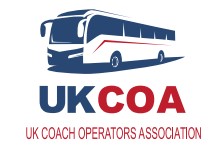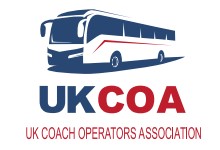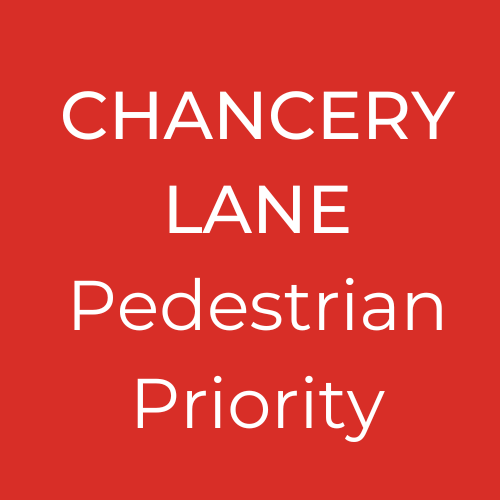According to some UKCOA members recently, the issue of coach driver recruitment seems to have eased just a little. They are ‘just managing’ especially if cover is provided using office-based staff, typically for school runs. However, this is the winter period where there are not so many coach hires and work is just a little bit calmer. But spring is just around the corner and if last year is anything to go by the phone will start ringing just that little bit more often and enquires will start coming in via your web comment page or email.
Last year many coach operators were heard to say that if it was not for the shortage of drivers, they could have covered so much more work. Many had vehicles sitting idle just because they did not have anyone to drive them. Others used all available staff with a PCV licence to drive, more often than they would have liked. One of our members spent the whole of August catching up on paperwork that he simply could not get done during the May to July rush as he was out driving.
So, what can we do practically?
Firstly, make a proper assessment of exactly how many extra drivers you need. Full or part time? If it is the latter which are the days you are most short? There are some people out there who may only want to drive at certain times of the year, or during the day, so don’t be afraid to be specific with your requirements. You may get some surprises.
Secondly when you have worked out what your requirements are, think about how to advertise. An advert in the local paper or trade magazine may work, but is this where prospective drivers are likely to look? What about using social media? Facebook or even LinkedIn? There may be individuals looking for a career change who until they read your ‘offering’ have not even considered driving. Then you have to consider whether you have got the opportunity to train them if they do not have a PCV licence. If that is something you cannot offer, is there a follow operator or agency who would train them on your behalf?
Depending on where you are located, word or mouth can also be effective. Let your team know you are on the lookout for drivers. Maybe offer a bonus to those who successfully introduce a new driver to your business to make it worth their while.
Also look at your remuneration. Money is important, but not necessarily everything that an individual is looking out for. What are your facilities like? Does each driver have their own locker and somewhere decent to eat? This may seem all very basic, but it can be important and shows you care. Holidays are another consideration; how much can they have and what level of remuneration do they get while they are away. Increasingly the traditional ways of viewing these issues are not necessarily what prospective employees are used to in other industries.
None of this is easy and many will have tried these ideas without success. We don’t have all the answers and recruitment can be a hit and miss experience. However, it is something that the industry is going to have to get better at doing; a good proportion of existing coach drivers will be retiring in the next ten years and we need to make sure that there is a steady stream of new recruits to replace them.
The UKCOA has set up a “Driver Academy” and there will be some exciting developments to announce in the next few weeks. Let’s make sure that we keep the whole question of driver recruitment as one of the key issues the industry needs to address, all year round.



